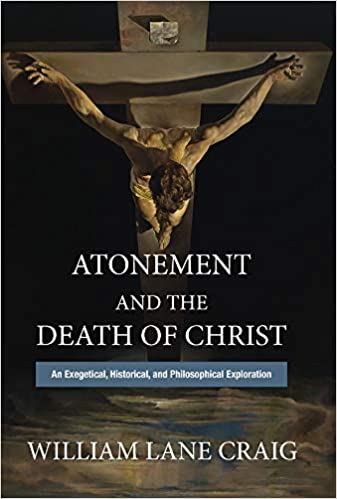Q. I appreciate your strong advocacy that the NT teaches that Christ died for all not just for the elect, but also that not all receive the benefits of his death if they do not place faith in Christ. Forgiveness and redemption offered is not the same as forgiveness and redemption received. As you say, Paul is not a universalist in the sense that all will be saved, but he is a universalist in the sense that all can be saved. Salvation as it turns out, is not a unilateral act of God regardless of the will or response of individuals. One of the things I stress in my Biblical Theology volume is that election is one thing, salvation is another. Israel was God’s chosen or elect people, but this did not guarantee the salvation of any particular individual. More was involved than just God’s election, and in any case, election was mainly about God’s historical purposes, not an individual’s salvation. Furthermore, Christ is depicted as the Elect One of God in the NT (see M. Barth on Ephes. 1), and he did not need to be saved! Christians are only elect insofar as they are in him. Salvation on the other hand is by grace and through faith in Christ. Are you content with this way of formulating things? Basically, I’m saying election is a corporate concept, salvation an individual one. This would also explain the language in Ephes 1. It is Christ who existed before the foundations of creation whom God chose as his elect one. We did not exist back then. We are only elect insofar as we are in the pre-existent Elect One.
A. I do find corporate election to be very persuasive. God has elected a church and invites everyone to be part of it. Those who do join then share in the benefits of the elect. I do think, however, that Acts 13.48 requires that something more be said, and here I advocate a Molinist doctrine of divine providence and predestination, according to which God offers His grace indiscriminately to everyone He creates but knows who would freely receive His grace and be saved. Such persons are predestined in the sense that they did not choose which world God actualized; nonetheless, they are free in whatever world they find themselves to respond to God’s grace and so be part of the elect. As one French Molinist aptly put it, “It is up to God whether we find ourselves in a world in which we are predestined; but it is up to us whether we are predestined in the world in which we find ourselves.”
Q. It seems to me clear that one reason terms like ransom and redemption are applied to salvation in Paul and elsewhere is because the sinner is viewed as being in bondage to sin, like a slave was in bondage to his owner. Indirectly this provides a strong witness to the seriousness of sin, and how salvation could never be a self-help program. It requires liberation from outside ourselves and outside our will and efforts apart from God’s grace. Comments?
A. What I came to see as a result of my study is the close connection between redemption and a divine pardon. How can a condemned criminal be released and go free? By receiving a full pardon from the executive power of the state. A divine pardon blots out our guilt so that we are no longer liable to punishment and can begin life afresh as new men, innocent in God’s sight. That pardon is, of course, procured through Christ’s penal substitution for us.













